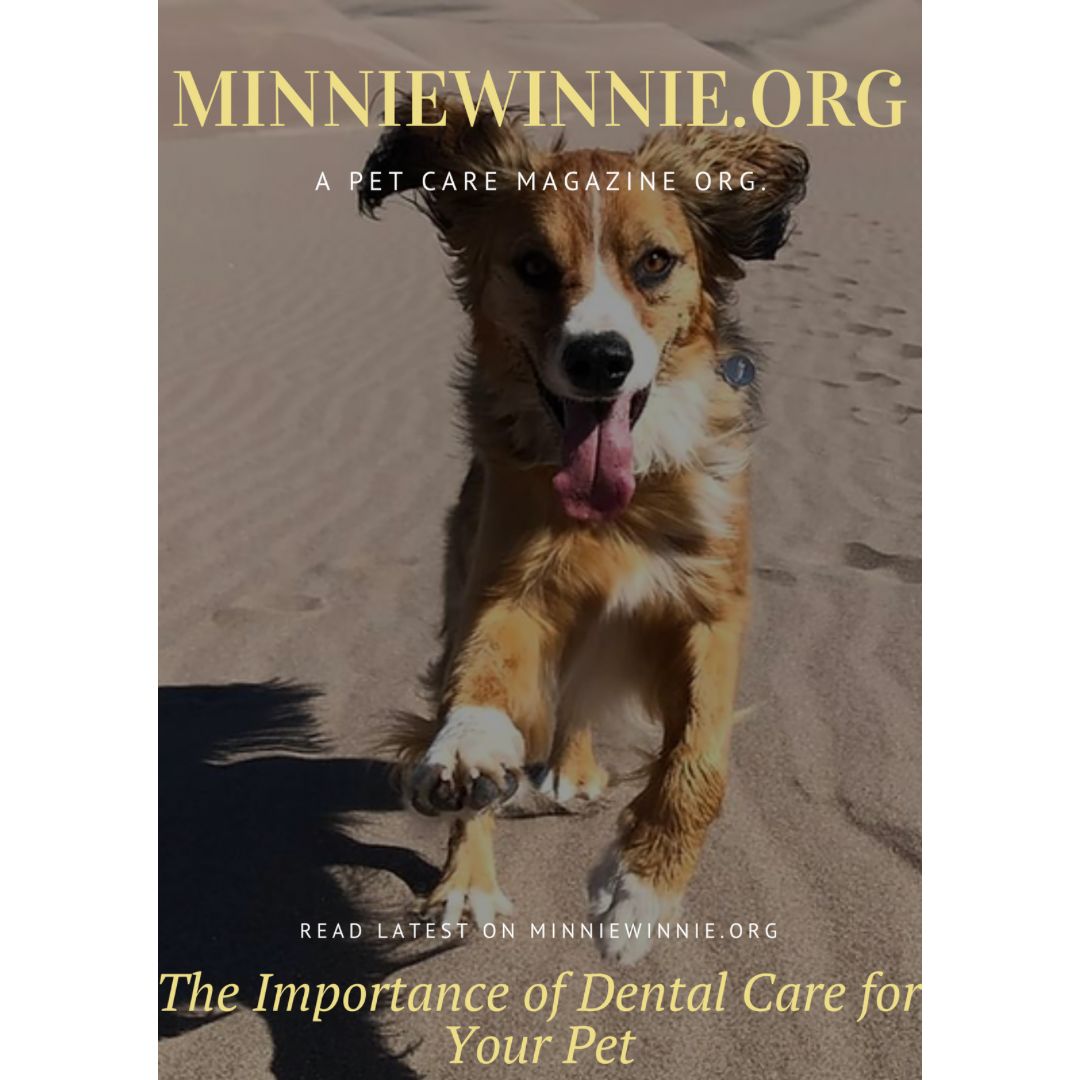The Importance of Dental Care for Your Pet
Taking care of your pet’s dental health is just as important as managing their diet, exercise, and overall well-being. Many pet owners overlook dental care, thinking it’s only a minor concern or assuming that pets naturally keep their teeth clean. However, poor dental hygiene can lead to a variety of health problems, ranging from bad breath to serious systemic diseases. Here’s why dental care for your pet should be a top priority.
1. Prevents Dental Diseases
One of the most significant reasons to focus on your pet’s dental care is to prevent common dental diseases. Pets, like humans, can suffer from gum disease, tooth decay, and tartar buildup. Periodontal disease, an infection of the gums, is especially prevalent in pets. It begins with plaque, which hardens into tartar if not cleaned regularly. Over time, this can cause inflammation, tooth loss, and even infections that spread to other organs.
Tip: Regular brushing and professional cleanings can help reduce plaque and tartar buildup, significantly lowering the risk of periodontal disease.
2. Improves Quality of Life
Pets experiencing dental pain often have difficulty eating, chewing, and may lose interest in their favorite activities. Just like in humans, toothaches and gum infections can be extremely painful for animals. By maintaining proper dental care, you ensure that your pet can enjoy their food and toys without discomfort, ultimately improving their quality of life.
Tip: Keep an eye out for signs of dental pain, such as reluctance to eat hard food, excessive drooling, or pawing at the mouth.
3. Prevents Bad Breath
While a little “doggy breath” or “kitty breath” is normal, persistent foul breath in pets is often a sign of dental problems. Bad breath, or halitosis, is usually caused by bacterial buildup in your pet’s mouth. Left untreated, this can not only lead to oral health issues but also make spending time with your pet less enjoyable.
Tip: Regular dental cleanings and the use of pet-friendly mouth sprays or water additives can help keep your pet’s breath fresh and pleasant.
4. Protects Against Organ Damage
One of the most overlooked aspects of pet dental care is the connection between oral health and overall body health. Bacteria from infected gums or teeth can enter your pet’s bloodstream, leading to more serious conditions such as kidney, liver, and heart disease. This is why dental infections are not just a local issue but a systemic one.
Tip: Routine dental checkups can help catch infections early before they have the chance to spread to other parts of your pet’s body.
5. Maintains a Healthy Diet
Proper dental health also plays a role in maintaining your pet’s diet and nutrition. Pets with sore or decaying teeth may avoid eating, which can lead to malnutrition or weight loss. Conversely, painful teeth may cause them to swallow food whole, leading to digestive issues. Ensuring that your pet’s teeth are healthy allows them to properly chew and digest their food.
Tip: If your pet is eating less or showing changes in their eating habits, it may be time for a dental checkup to rule out any underlying issues.
6. Extends Your Pet’s Lifespan
Good dental care can contribute to your pet’s overall longevity. Regular cleanings and care not only prevent painful dental diseases but also protect your pet from more serious health complications that arise from untreated infections. Healthy teeth and gums can add years to your pet’s life, allowing them to enjoy more time with you.
Tip: Make dental care a routine part of your pet’s healthcare regimen, starting when they’re young to ensure they get used to the process.
7. Simple Steps to Keep Your Pet’s Teeth Healthy
Implementing a dental care routine for your pet doesn’t have to be complicated. Here are a few simple steps you can take to ensure your pet’s teeth stay healthy:
- Brush Their Teeth: Regular brushing is the most effective way to prevent plaque buildup. Use pet-specific toothbrushes and toothpaste to make the process easier and safer.
- Offer Dental Chews: Dental chews or toys can help remove plaque and tartar as your pet gnaws on them. Look for products approved by veterinarians.
- Schedule Professional Cleanings: Your vet can perform deep cleanings that reach areas you might miss at home. Annual or bi-annual cleanings are recommended depending on your pet’s needs.
- Monitor Their Diet: Feeding your pet a diet designed for dental health can also reduce plaque buildup. Some pet foods are specifically formulated to support oral health.
Taking care of your pet’s dental health is a crucial part of their overall well-being. By being proactive about regular cleanings, monitoring their oral habits, and keeping an eye on any changes, you can help ensure that your pet lives a long, happy, and pain-free life. Your pet depends on you to look after their dental health, and with the right care, you can prevent many common issues before they become serious problems.










